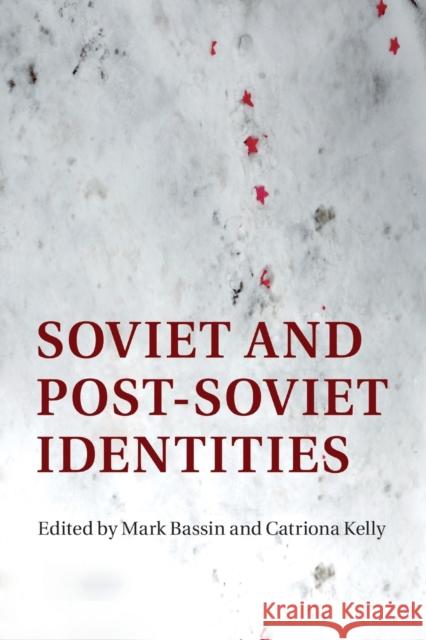Soviet and Post-Soviet Identities » książka
topmenu
Soviet and Post-Soviet Identities
ISBN-13: 9781316631973 / Angielski / Miękka / 2016 / 386 str.
Soviet and Post-Soviet Identities
ISBN-13: 9781316631973 / Angielski / Miękka / 2016 / 386 str.
cena 181,90
(netto: 173,24 VAT: 5%)
Najniższa cena z 30 dni: 161,14
(netto: 173,24 VAT: 5%)
Najniższa cena z 30 dni: 161,14
Termin realizacji zamówienia:
ok. 16-18 dni roboczych.
ok. 16-18 dni roboczych.
Darmowa dostawa!
A fresh look at post-Soviet Russia and Eurasia and at the Soviet historical background that shaped the present.











